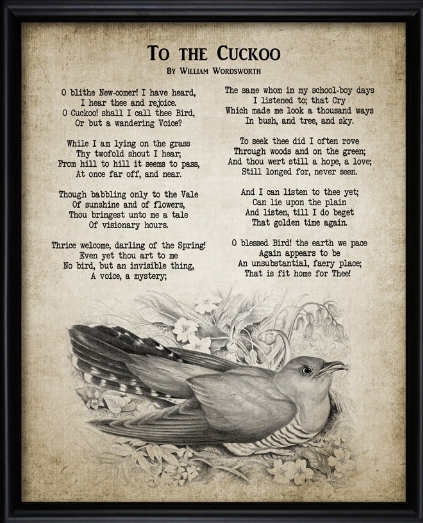Exploring the Depths of Nature and Imagination in William Wordsworth’s Poems
William Wordsworth is renowned for his deep connection to nature and his ability to evoke powerful emotions through his poetry. In his works, Wordsworth delves into the beauty and mystery of the natural world, inviting readers to explore the depths of their own imagination.
Nature as a Source of Inspiration
Wordsworth found inspiration in the sights, sounds, and sensations of the natural world. He believed that nature had a transformative power, capable of stirring the soul and heightening one’s sense of wonder. In poems such as “Lines Composed a Few Miles Above Tintern Abbey,” Wordsworth reflects on the restorative qualities of nature and the way it can help one find solace and peace in times of turmoil.
Imagination as a Gateway to the Sublime
For Wordsworth, imagination was not merely a tool for creating fantastical worlds, but a means of accessing the sublime. In “I Wandered Lonely as a Cloud,” Wordsworth captures the transcendent beauty of a field of daffodils, using vivid imagery and sensory detail to transport readers to a place of pure joy and wonder. Through his poetry, Wordsworth invites readers to tap into their own imaginations and experience the world with fresh eyes.
Embracing the Power of the Mind
Wordsworth’s poems often explore the interconnectedness of nature and the human mind, emphasizing the ways in which the natural world can shape one’s thoughts and emotions. In “The World is Too Much With Us,” Wordsworth laments the loss of a deep connection to nature in favor of materialism and superficial pursuits. Through his poetry, Wordsworth encourages readers to reawaken their sense of wonder and appreciation for the world around them.
In conclusion, William Wordsworth’s poems offer a profound exploration of the depths of nature and the power of the imagination. Through his evocative language and vivid imagery, Wordsworth invites readers to delve into the beauty and mystery of the natural world, encouraging them to embrace the transformative power of nature and the limitless possibilities of the mind.
